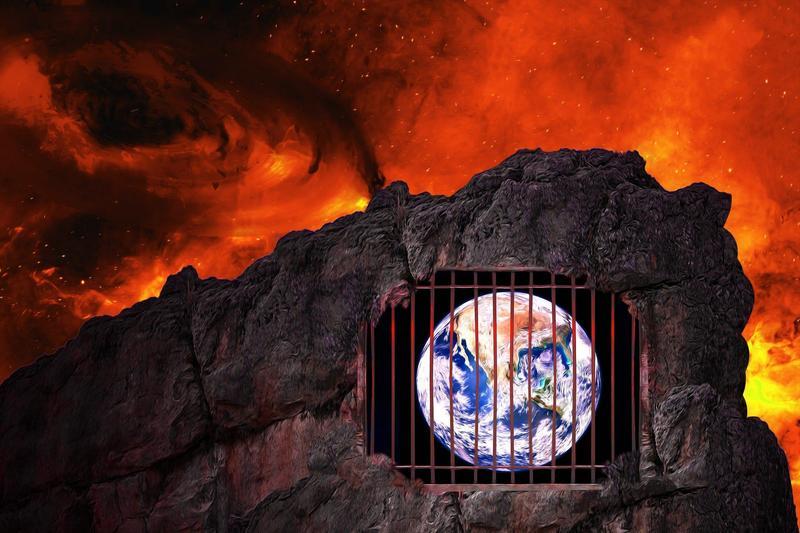Unraveling the Prison Planet Theory: A Deep Dive into a Conspiracy Framework
Unraveling the Prison Planet Theory: A Deep Dive into a Conspiracy Framework
The "Prison Planet" theory is a provocative and controversial narrative that posits a complex web of control, manipulation, and surveillance extending to every facet of human existence. Propounded by various conspiracy theorists, this theory suggests that the world, as we know it, is a carefully orchestrated system designed to keep the global population in check. While it's essential to approach such theories with a critical mindset, exploring the foundations and implications of the Prison Planet theory offers insights into the world of conspiracy thinking.
Origins and Foundational Beliefs
The Prison Planet theory traces its roots to various conspiracy narratives that gained momentum in the latter half of the 20th century. Elements of this theory often include claims of secretive elites wielding immense power, global surveillance programs, and the manipulation of information to control the masses. It's crucial to note that these claims lack substantial evidence and are widely regarded as speculative.
Key Tenets of the Theory
Controlled Information:
Proponents of the Prison Planet theory argue that information disseminated to the public is carefully curated and manipulated to maintain a specific narrative. This alleged control over information extends to mainstream media, education systems, and even historical records.
Surveillance State:
The theory suggests that we are living in a surveillance state where our actions, both online and offline, are meticulously monitored. This surveillance apparatus purportedly serves to track and control dissenting voices.
Global Elites:
Central to the theory is the notion that a shadowy group of elites, often referred to as the "powers that be" or the "global elite," manipulates world events to consolidate power. These elites allegedly operate behind the scenes, influencing governments, economies, and societal structures.
Technological Control:
The advent of advanced technologies is seen through the lens of the Prison Planet theory as a double-edged sword. While technology offers convenience, it is also believed to facilitate surveillance and control, with concerns about how emerging technologies might be leveraged to further manipulate societies.
Critiques and Skepticism
Lack of Concrete Evidence:
Critics argue that the Prison Planet theory lacks credible evidence to substantiate its claims. Many assertions are based on circumstantial connections rather than verifiable facts.
Overarching Simplification:
Skeptics highlight the theory's tendency to oversimplify complex global issues. The world is a nuanced and multifaceted place, and attributing every societal challenge to a single controlling force may ignore the intricacies of geopolitical, economic, and cultural dynamics.
Psychological Factors:
Some scholars and psychologists attribute belief in conspiracy theories, including the Prison Planet theory, to cognitive biases, pattern-seeking behavior, and a desire to make sense of a chaotic world.
While the Prison Planet theory captures the imaginations of some who feel disenfranchised or skeptical of official narratives, it remains a highly contentious and speculative framework. As critical thinkers, it is imperative to engage with ideas that challenge conventional wisdom, but it's equally important to approach such theories with a discerning eye and an appreciation for empirical evidence and nuanced understanding.
